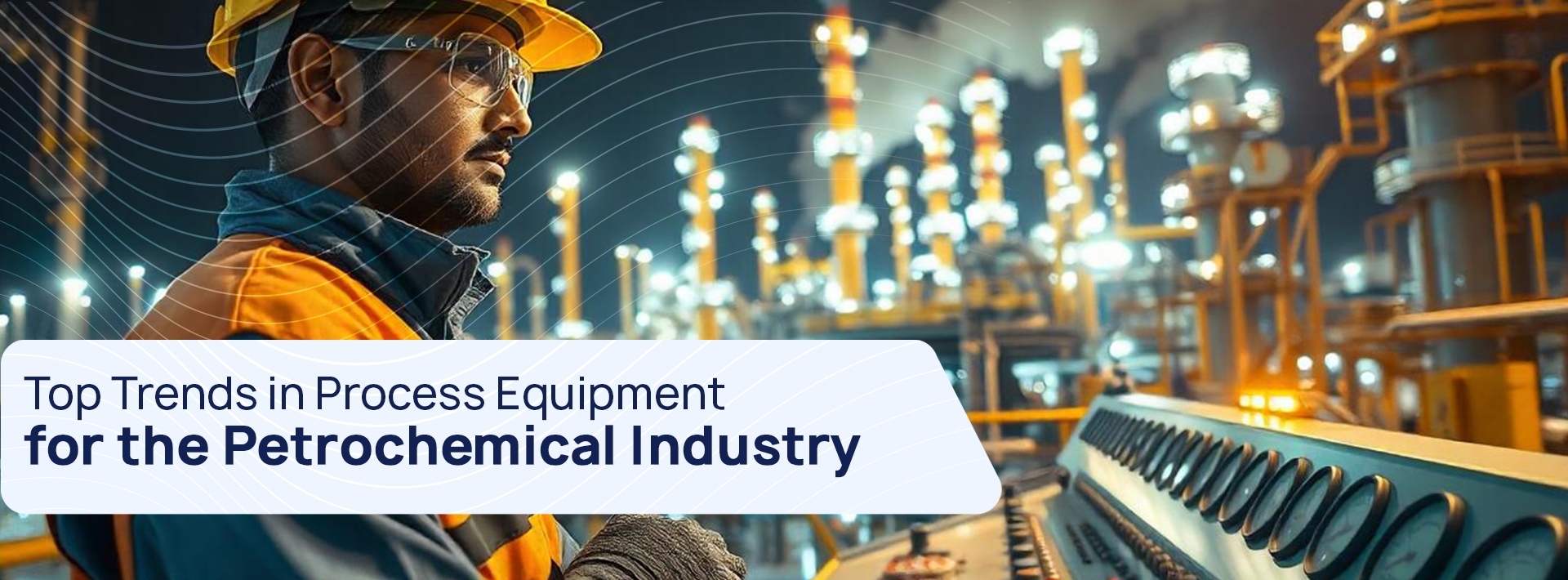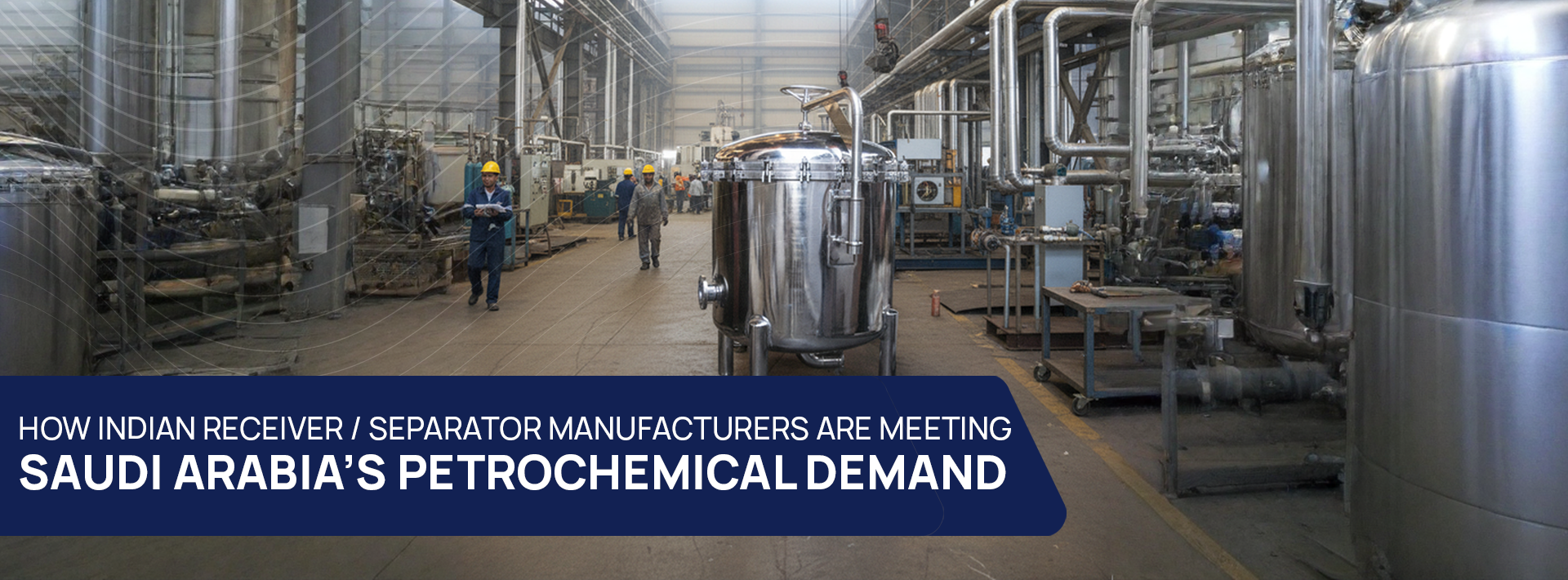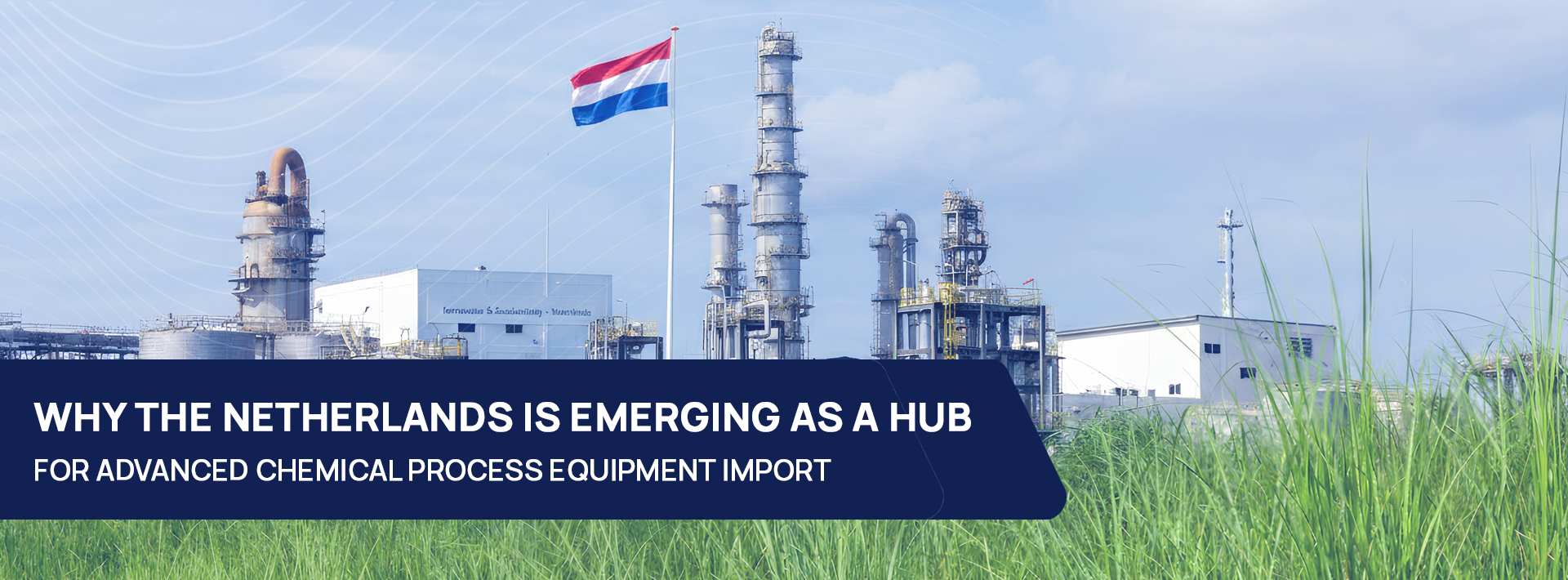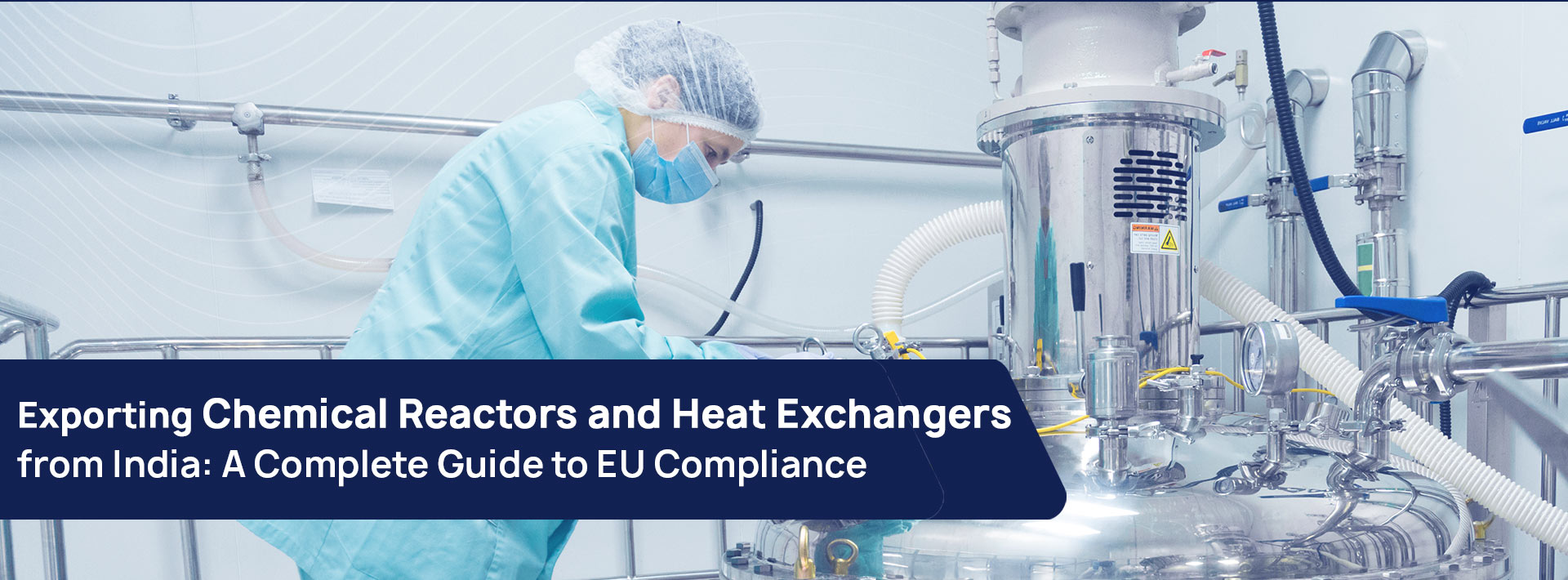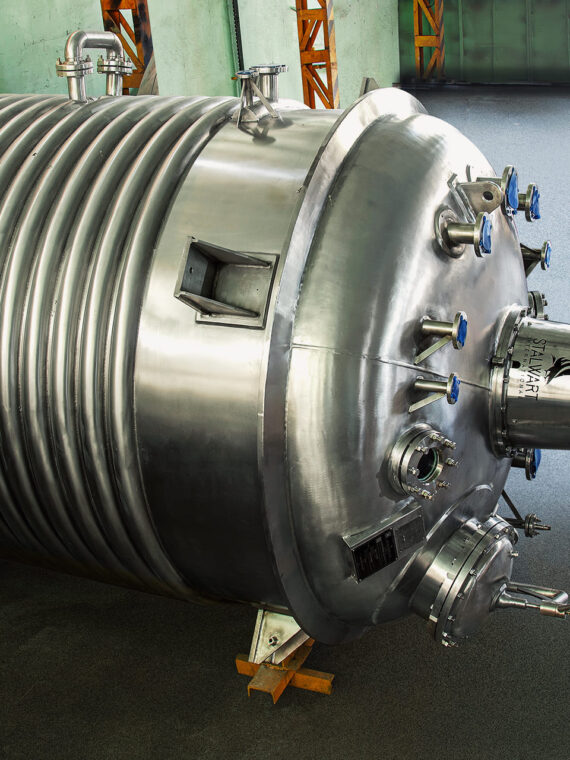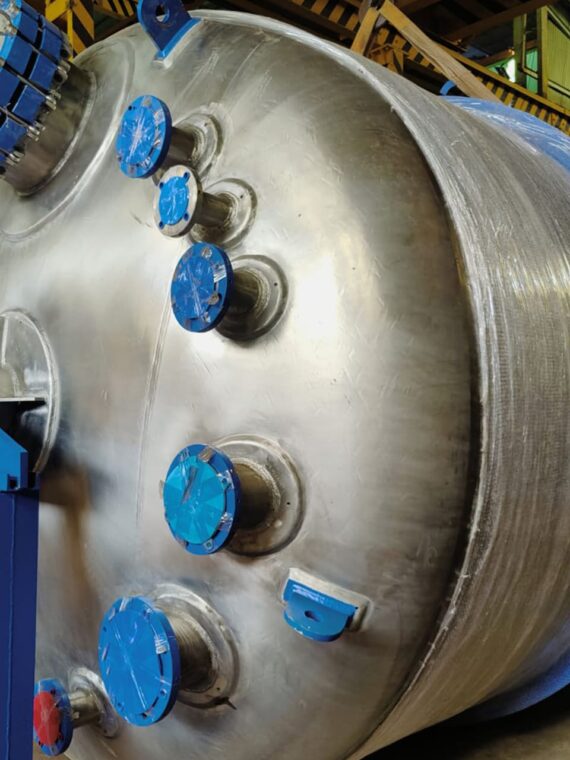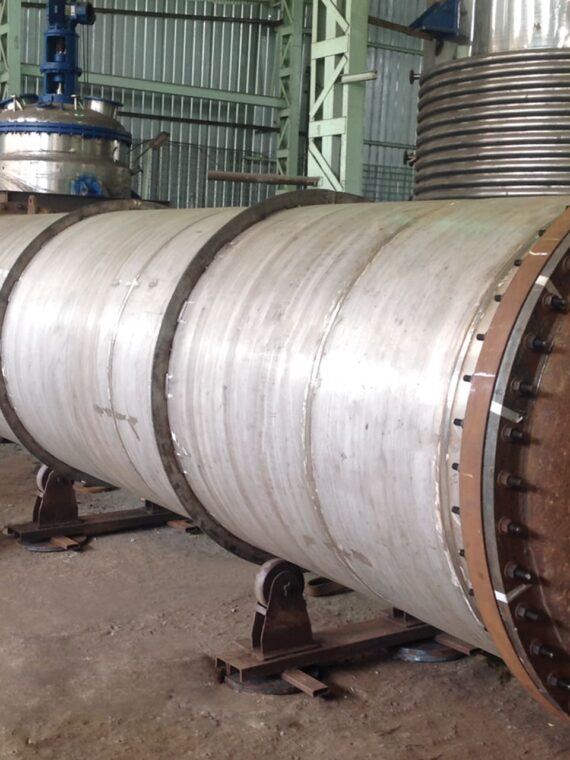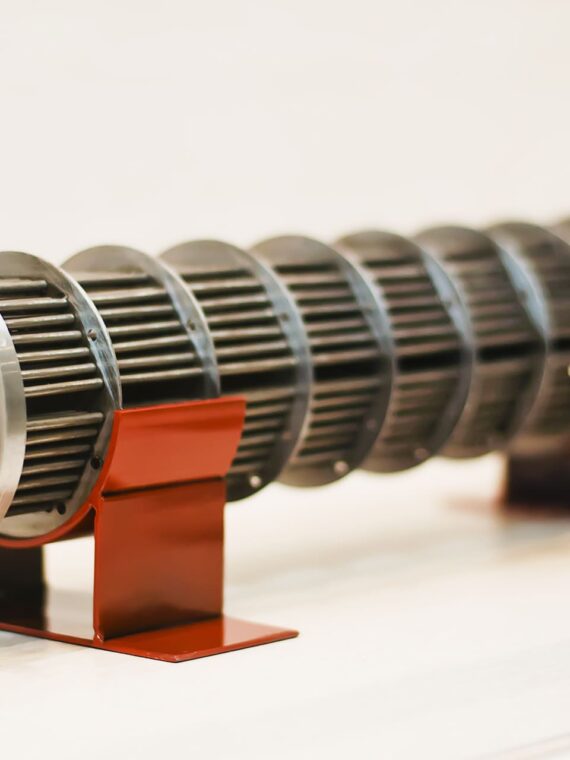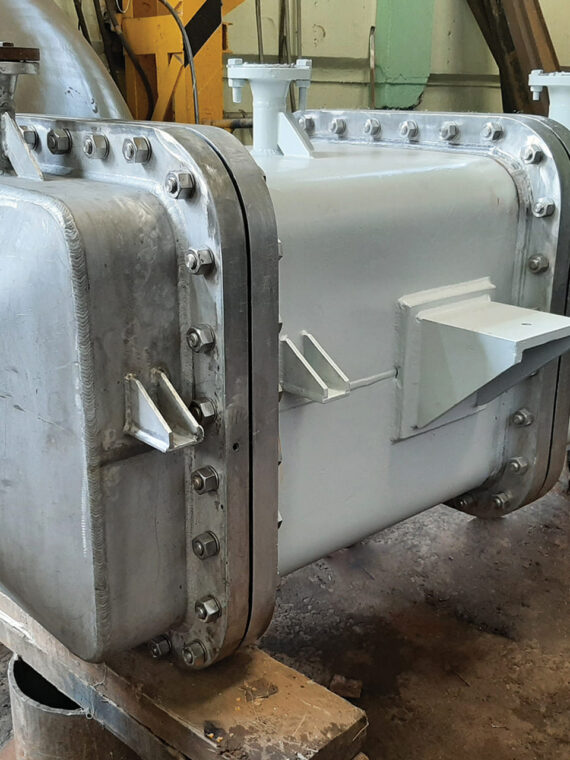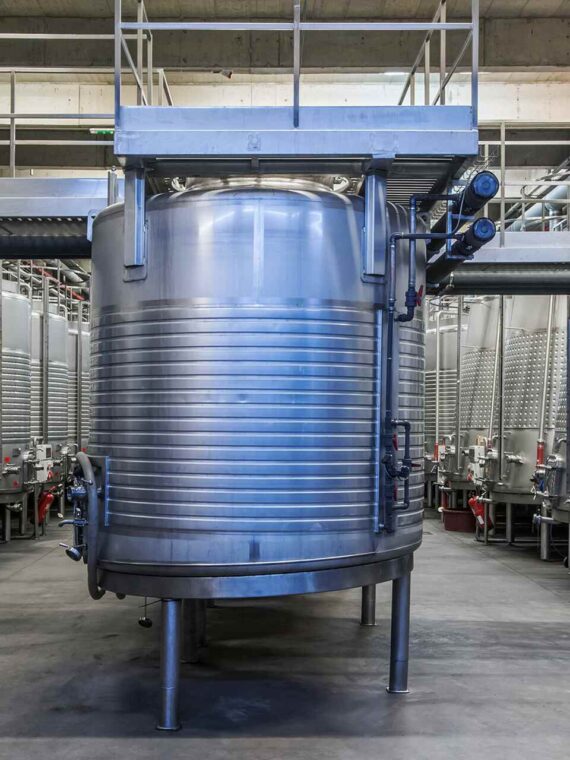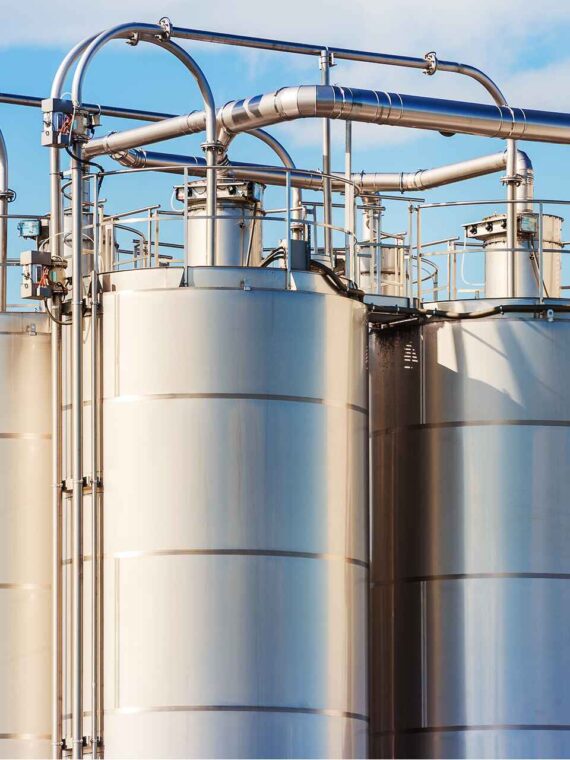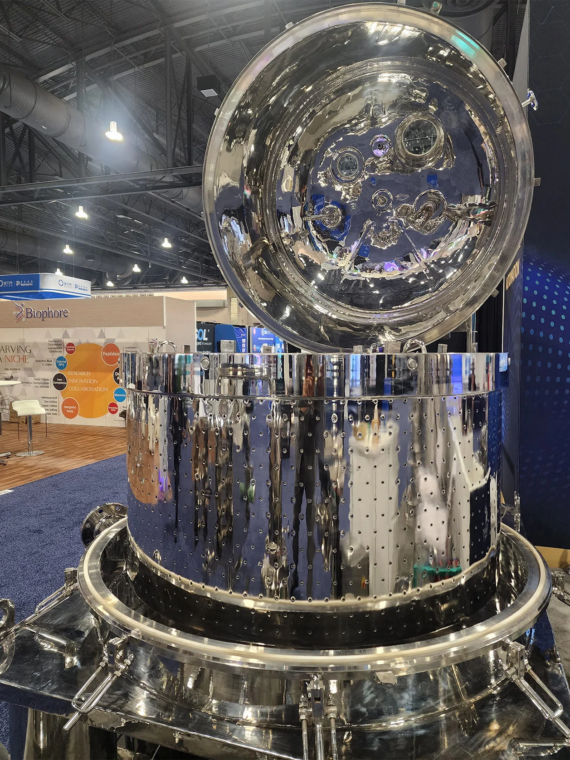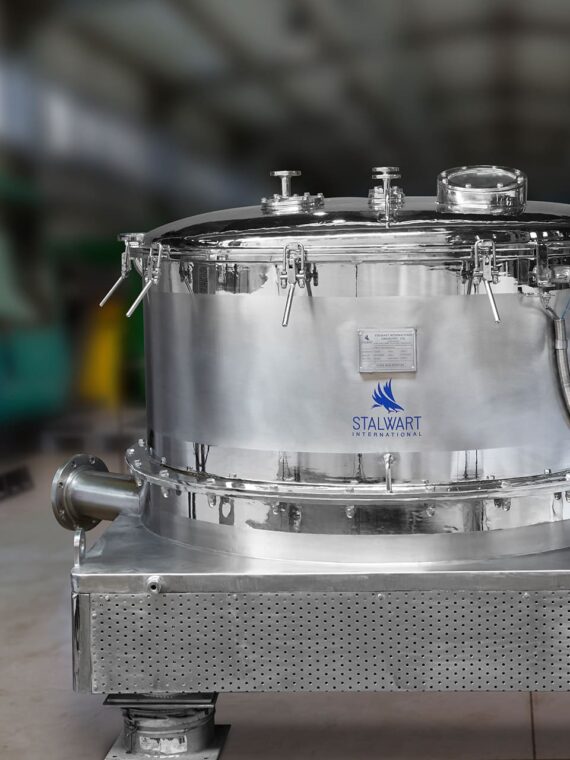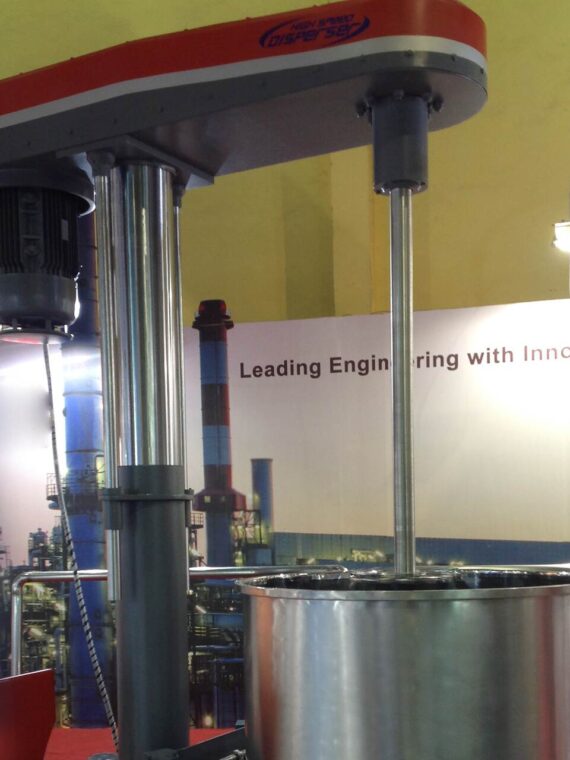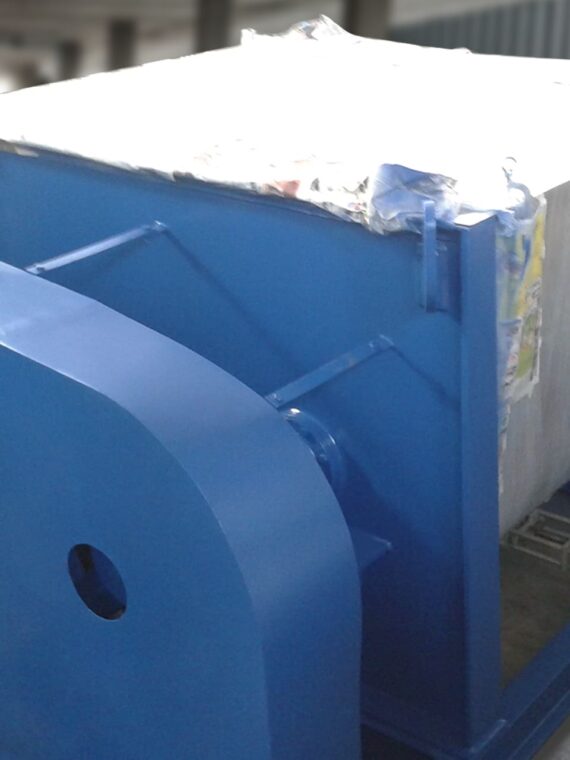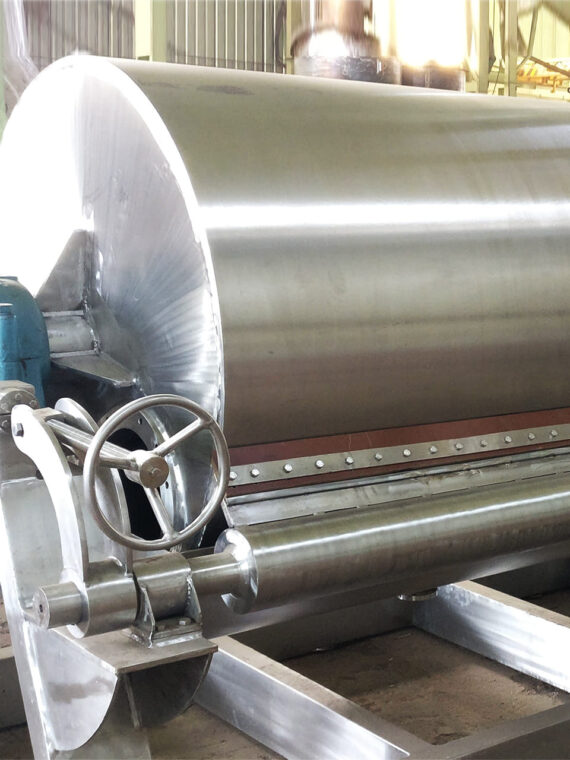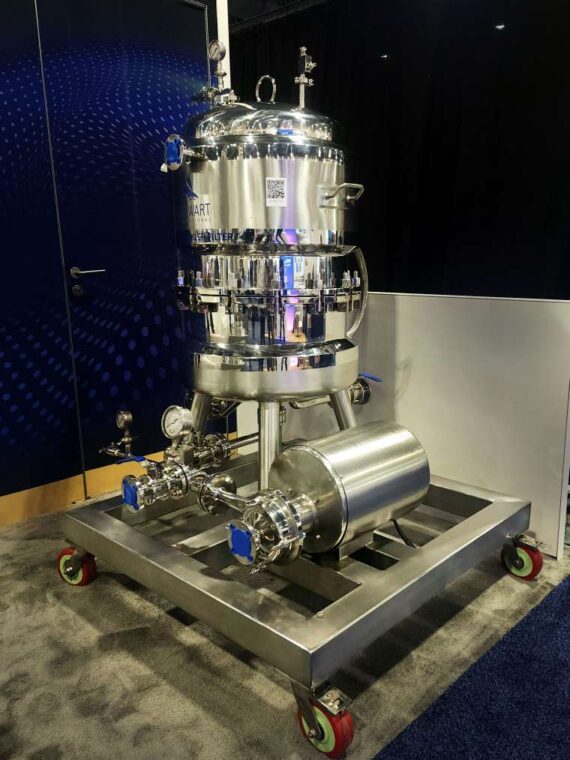The petrochemical industry is an essential base for industrial activities worldwide and allows for progress in different areas such as energy, plastics, and chemicals. The development of this industry has led to a higher demand for advanced, efficient, safe and sustainable process equipment. Innovation factors largely influence industrial trends, considering them the critical competitiveness tool for dealing with modern manufacturing challenges. This article examines the significant trends affecting process equipment in the petrochemical industry and possible implications for the future.
Emerging Trends in Petrochemical Processing Equipment
Mechanized and Smart Equipment
Internet of Things and Artificial Intelligence are now integrated into process equipment to revolutionize petrochemicals. This advancement will result in intelligent machines monitoring key parameters like temperature, pressure, and flow rates with sensors and connectivity to the cloud. Such innovations allow predictive maintenance as possible equipment failures can be determined and resolved before their manifestation.
Predictive Maintenance
AI-powered analytics predicts potential equipment failures and provides ample time for maintenance, thereby reducing unnecessary downtime. For example, IoT sensors capture data that is then analyzed by algorithms to optimize their operational efficiency.
That improves efficiency and decreases the need for human interventions, reducing errors and optimizing worker safety. Further, automation results in uniformity in processes, which is pivotal in the petrochemical industry to meet strict quality standards.
Source: McKinsey & Company, “The Digital Transformation of the Chemical Industry”
Energy-Efficient Designs
Energy consumption represents a critical issue in petrochemical operations. Contemporary equipment designs increasingly emphasize energy efficiency to minimize operational expenses and ecological consequences. For instance, Heat-integrated distillation columns are a typical example of this phenomenon.
These systems recycle heat generated inside the distillation process and use less energy. Similarly, highly efficient heat exchangers with enhanced surface structures reduce energy loss. An energy-efficient design could thus lead to significant savings and contribute to attaining global sustainability goals.
- Heat Integration: Advanced techniques for heat integration, such as pinch analysis and heat exchanger networks, can reduce energy consumption significantly by recovering waste heat and utilizing it in other processes.
- High-Efficiency Separations: Membrane separation technologies presented herein include reverse osmosis and nanofiltration. They are energy-efficient replacements for traditional separation processes.
Source: IEA, “Energy Technology Perspectives 2023”
Advanced Materials
The petrochemical industry operates under extreme conditions that involve high temperatures, corrosive environments, and high pressure. Manufacturers counter these challenges by relying increasingly on advanced materials for process equipment. High-strength alloys such as Inconel, Hastelloy, and composite materials are commonly used because of their increased strength and corrosion-resistant abilities. Such materials increase the lifetime of the equipment, reduce maintenance costs, and optimize overall reliability. It gives petrochemical manufacturers smooth and continuous operations even in challenging environments.
- Corrosion-resistant alloys, including Hastelloy and Inconel, are used to avoid malfunctioning in various equipment in corroding conditions.
- High-temperature alloys include superalloys like Haynes 282 and Inconel 718, which resist high temperature and pressure levels.
Source: NACE International, “Corrosion Costs Study”.
Modular Equipment
In the current era, the petrochemical sector widely adopts modular equipment. Modular configurations are built in advance and delivered in parts that can be quickly assembled onsite. This methodology offers several advantages, including reduced construction times, cost savings, and scalability.
Modular reactors and heat exchangers are designed specifically to meet specific process requirements. Additionally, the scalability of the modular reactors can be increased with the increase in operational needs. Such flexibility makes the equipment highly suitable for an ever-evolving petrochemical industry.
Source: Emerson Automation Solutions, “Modular design and construction: A Trend in the process industries.”
Process Safety
Process and equipment safety is paramount in the petrochemical industry, as accidents can be detrimental. Modern processing equipment contains advanced safety features that minimize risks and meet strict regulatory standards. Advanced safety mechanisms, such as ESDs (Emergency Shutdown Systems) and SIS (Safety Instrumented Systems), prevent accidents and ensure personnel safety.
- Real-time Monitoring: IoT sensors could be employed to monitor critical parameters and alarms in case of deviation from normal operating conditions.
- Remote Operations: Remote monitoring and control systems enable operators to control processes from a safe distance.
Source: ISA, “The Future of Automation in the Process Industries”
Impact on the Industry
Higher productivity
Applying modern, bright, efficient, and modular technologies increases industries’ operational performance. Manufacturers benefit from increased productivity in conjunction with decreased costs due to the conservation of resources and reduced downtime.
Improved Safety
The advanced safety features provide accurate time monitoring of risks, significantly reducing possible accidents. Such measures provide a safer working environment while safeguarding valuable assets.
Sustainability
Using energy-efficient designs and durable materials assures efficiency and sustainability of the overall industry. Manufacturers align themselves with global environmental objectives and regulations by lowering energy consumption and reducing industrial waste.
Conclusion
The petrochemical industry is serving as the industrial leader in innovation through the careful usage of advancements in process equipment manufacturing to overcome modern challenges. The introduction of intelligent automation, low-energy process configurations, modular solutions, and high-performance materials are radically redesigning the petrochemical manufacturing space.
Stalwart International stands atop industrial trends through its advanced equipment tailored to the industry’s dynamic demands. Through earmarking quality, security, and sustainability, Stalwart International ensures that it meets and surpasses petrochemical producers’ expectations worldwide.
FAQs
What are the current trends in process equipment for the petrochemical industry?
The current trends include automation and smart technologies, improved energy efficiency, enhanced safety features, corrosion-resistant materials, and sustainability-driven innovations to reduce environmental impact.
How is automation impacting petrochemical process equipment?
Automation is improving operational efficiency, reducing human error, and enhancing safety by incorporating AI and IoT technologies for real-time monitoring, predictive maintenance, and optimized workflows.
How is safety being improved in petrochemical process equipment?
Using explosion-proof designs, automated shutdown systems, and advanced leak-detection technologies, safety is being improved in petrochemical process equipment.
What role does artificial intelligence (AI) play in process equipment?
AI helps in optimizing processes, automating quality control, predicting equipment failures, and improving overall efficiency by analyzing large datasets and providing actionable insights.


